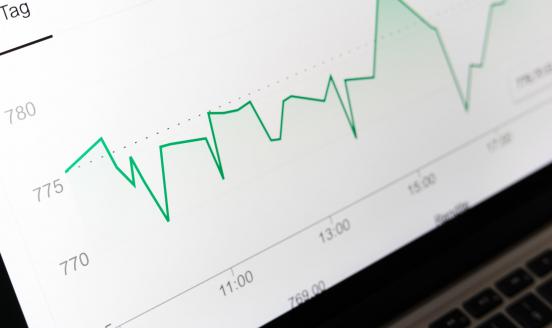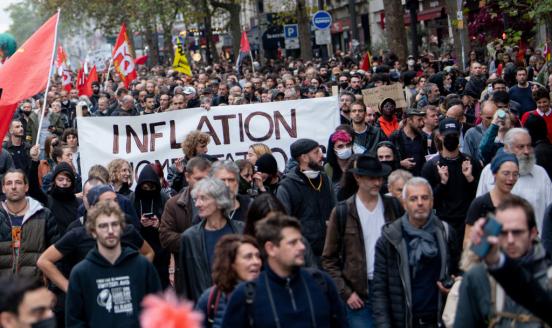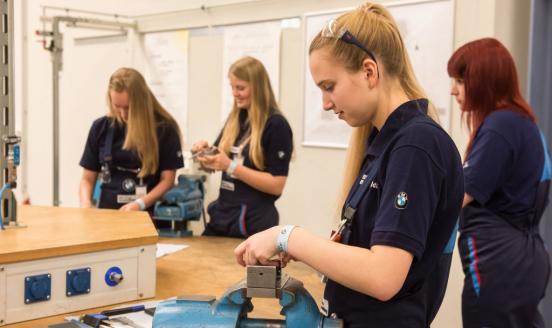Blog post
Fair vaccine access is a goal Europe cannot afford to miss – July update
European countries must do more to tackle the vaccine uptake gap. Vaccination data should be published at the maximum granularity level so researchers

This is an update to the blog published in March 2021.
- In a March 2021 blog post, we looked at those countries that were ahead in the COVID-19 vaccination campaign. We observed that income inequality and the digital divide led to varying vaccination rates. Poorer individuals who lack digital skills or access to infrastructure were more likely to be at the end of the vaccine queue. We warned that Europe could replicate this tendency.
- European data on local vaccination rates is scarce. However, France publishes daily vaccination rates at the level of the département, and Sweden and Belgium publish data at the more granular ’commune’ level. The evidence, summarised in our charts, suggests extremely strong links between income and vaccination rates within those countries’ largest cities.
- Public authorities must pursue fair vaccine distribution actively. Measures targeted at the poorer segments of society, including communication and engagement campaigns, are necessary to ensure balanced uptake of vaccination. The available data for Europe confirms our worries: implemented measures in the parts of Europe for which there is data have not been sufficient to address the vaccine uptake gap.
- Different levels of vaccine uptake have broad implications: those segments of society already hit hard by the pandemic are unduly penalised; economic reopening is held back; the legitimacy of vaccine passports is undermined.
- We reiterate our call for European countries to do more to tackle the vaccine uptake gap. Vaccination data should be published at the maximum granularity level so researchers and local decision-makers can monitor progress.



